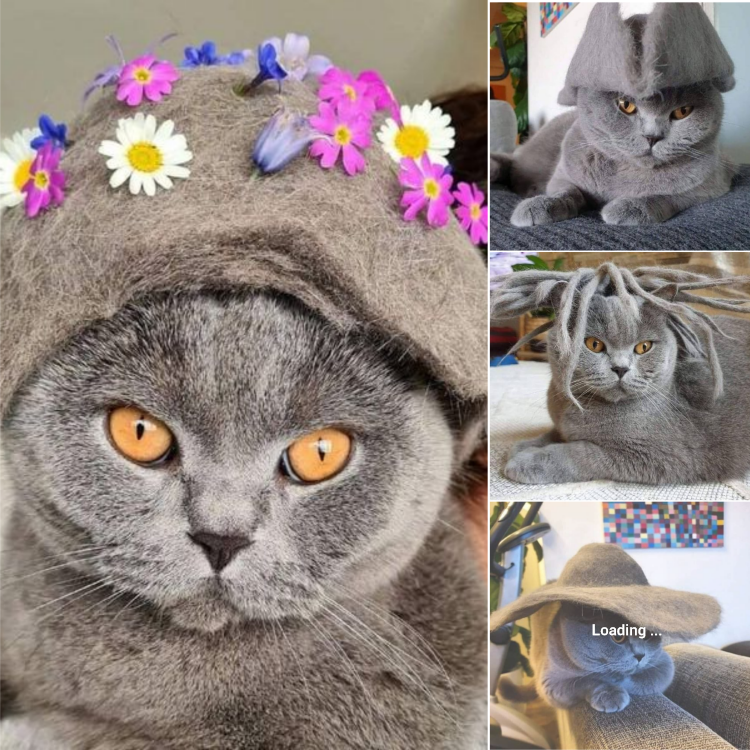As per the latest stats from the American Kennel Club, the Labrador Retriever has yet again secured the top spot as the most favored dog breed in the US – an impressive streak of 31 years. Labradors are beloved for their affectionate and devoted nature, yet their insatiable appetite and propensity to pack on the pounds can pose significant health challenges. Fresh findings from a team of experts at the University of Cambridge, comprising veterinarians and geneticists, have uncovered a genetic anomaly that could shed light on why Labradors always seem to be on the hunt for more food and struggle with weight gain.

The Labrador retriever, often referred to as the Lab, is a well-loved hunting dog breed in the United States. They are part of the hunting dog group and are commonly used to retrieve prey during hunting expeditions. These adorable, affectionate, and energetic dogs are great for families. Interestingly, despite their name, Labs actually originate from Newfoundland, where they were used as duck hunters and fishing companions. It wasn’t until English nobles brought them to England in the 19th century that the breed became refined and standardized. Dr. Eleanor Raffan and her team investigated the POMC gene, which plays a crucial role in hunger regulation and metabolism. Labradors, as well as Flat Coated Retrievers, are more likely to carry a genetic mutation related to this gene. In their study, Raffan and her colleagues tested 80 Labrador retrievers using various experiments, including the ‘sausage box’ trial. This trial involved tempting the dogs with a treat they could smell and see inside a transparent box. Dogs with the POMC mutation were often more persistent in trying to obtain the treat compared to those without the mutation. Prior to the experiment, all dogs were given a standard breakfast to ensure they were not hungry.

These dogs are truly built for aquatic living! Their robust tails act as strong rudders, their webbed paws help them navigate swiftly through water, and their dense, waterproof fur allows them to thrive even in freezing waters, like those off the coast of Newfoundland where they call home. In a unique study, researchers observed Flat Coated Retrievers as they snoozed in a special enclosure equipped with a device to track their respiration. Dogs with the POMC gene mutation typically burn 25% fewer calories compared to those without the mutation. It’s estimated that a quarter of Labrador Retrievers and about two-thirds of Flat Coated Retrievers carry this genetic trait, with Labradors known to have high rates of obesity in the dog world. But it’s not just dogs that are affected by POMC issues – humans with the mutation can also experience constant hunger and obesity from a young age. For dogs with this genetic quirk, it’s a double whammy: increased hunger alongside a decreased metabolic rate, making it harder for them to burn off the calories they consume. Surprisingly, researchers traced this mutation back to the St. John, an extinct breed that once thrived on a high-calorie diet to survive the harsh Canadian climate. What was once a survival advantage for these ancient dogs has now become a serious concern for modern-day breeds.

Labrador Retrievers have a history rooted in duck hunting, originating as working dogs in the 1800s. After being introduced to England, they were selectively bred as hunting partners. Even today, they excel in the field, whether it be retrieving waterfowl or game for extended periods of time. Raffan emphasizes the importance of Labrador and Flat Coated Retriever owners paying close attention to what they feed their furry companions in order to maintain a healthy weight. While Labradors are prone to obesity due to their genetics, it can be managed through a combination of proper diet, regular exercise, and mental stimulation. By incorporating tactics like spreading out meals and ensuring ample physical activity, owners can help their dogs maintain an optimal weight for their overall well-being.

Labradors earned their name from the Portuguese term “labrador” which translates to ‘hard worker’. With their cleverness, desire to please, and strong work ethic, Labradors are highly prized in various industries. They are frequently chosen for roles as service dogs, search and rescue teams, bomb and drug detection units, and as therapy dogs due to their exceptional skills and dedication.



